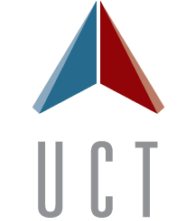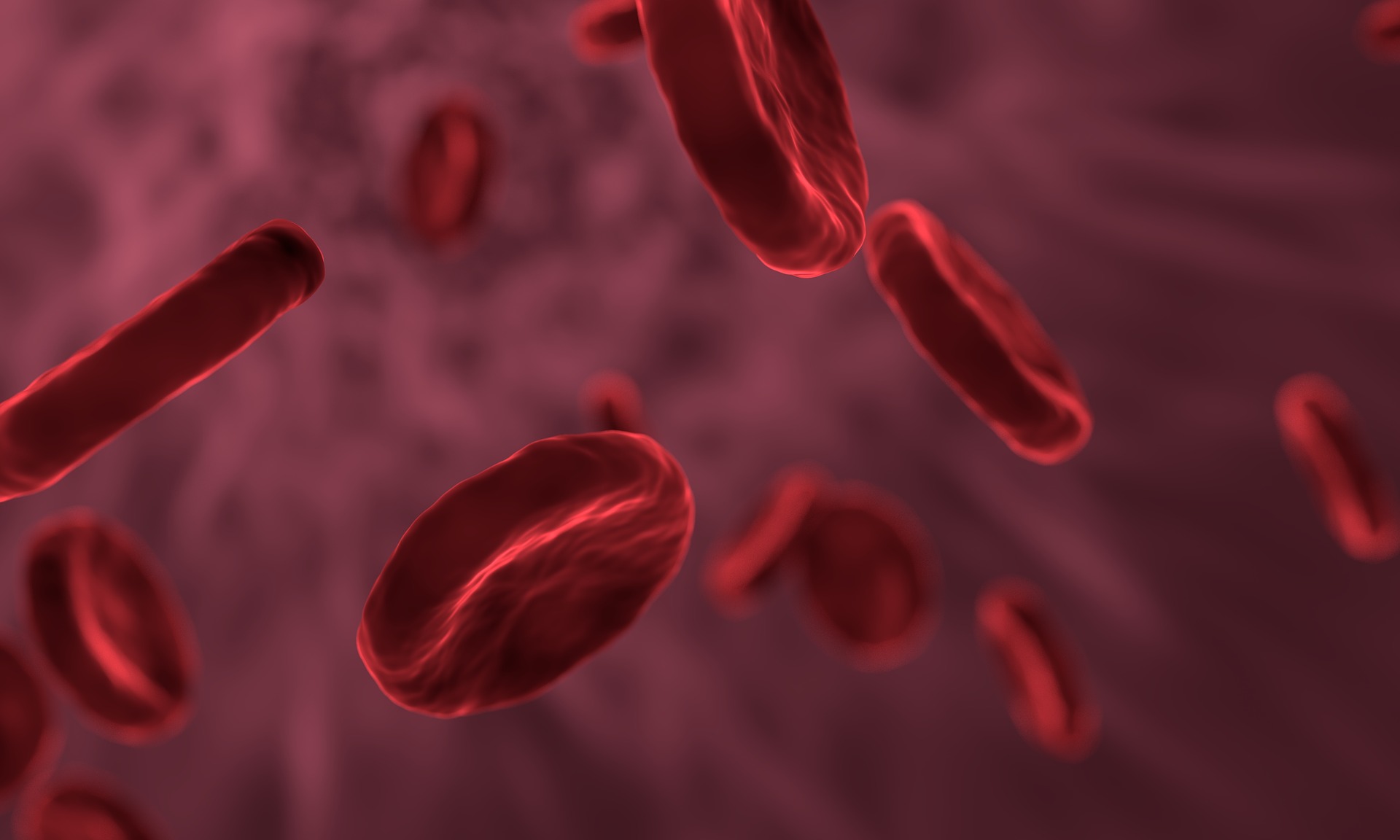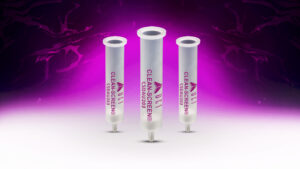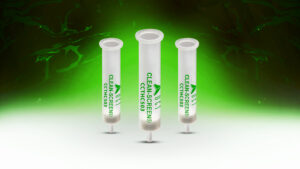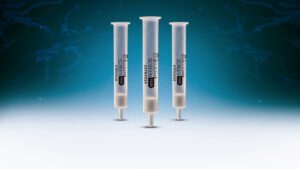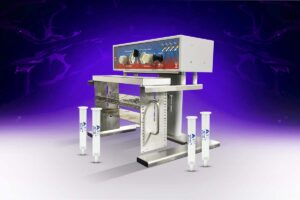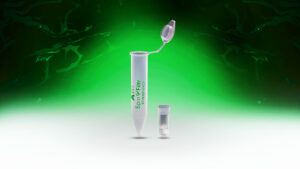UCT Silane Cited in Clinical Microbiology Article
Fungal bloodstream infections have been noted as a significant problem in many countries including the United States, with an attributable mortality rate of up to 40%. An early diagnosis to direct appropriate therapy has been shown to be critical to reduce mortality rates. Conventional phenotypic methods for fungal detection take several days, which is often too late to impact outcomes.
The current gold standards for Candida species isolation and identification are still conventional culture-based methods, which take up to several days to get results. In addition, the conventional biochemical, immunological, and serological assays have often been shown to have poor sensitivity and specificity
In a recent paper authored by Wanyuan Ao et al., published in Journal of Clinical Microbiology (doi.org/10 .1128/JCM.00982-17), UCT’s polymer amine-functional T-structure polydimethylsiloxane ([TSPS] was used in the manufacturing process to coat crystalline silicon wafers in which curing took place at 150°C for 24 hours. The crystalline silicon chip is integral to the analytical process.
In this study, the authors developed a cost-effective multiplex assay platform for the rapid detection and differentiation of major clinically relevant Candida species directly from blood culture. This approach utilizes a novel biotin-labeled polymer-mediated signal amplification process combined with targeting rRNA to exploit phylogenetic differences for sensitive and unambiguous species identification. This assay detects seven pathogenic Candida species (C. albicans, C. glabrata, C. parapsilosis, C. tropicalis, C. krusei, C. lusitaniae, and C. guilliermondii) simultaneously with very high specificity. This was achieved in less than 80 min with the limits of detection at 1×103 to 10×103 CFU/ml or as few as 50 CFU per assay. The amplification process is mediated by a high-molecular-weight polysaccharide polymer conjugated with multiple biotin molecules
The performance of the described assay was verified with 67 clinical samples (including mixed multiple-species infections as well), with an overall 100% agreement with matrix-assisted laser desorption ionization (MALDI) mass spectrometry-based reference results. By providing a species identity rapidly, the clinician is aided with information that may direct appropriate therapy sooner and more accurately than current approaches, including PCR-based tests.
For more information regarding UCT’s specialty chemicals please go to www.unitedchem.com.
